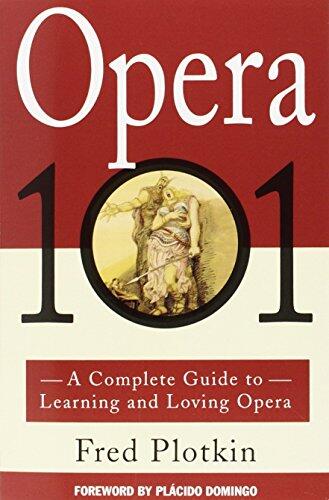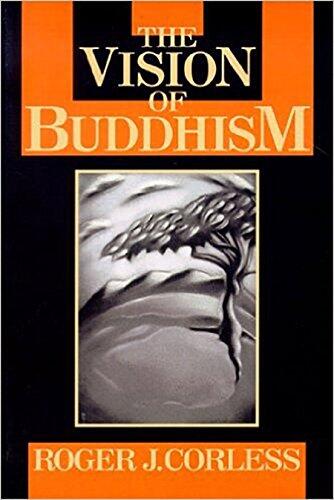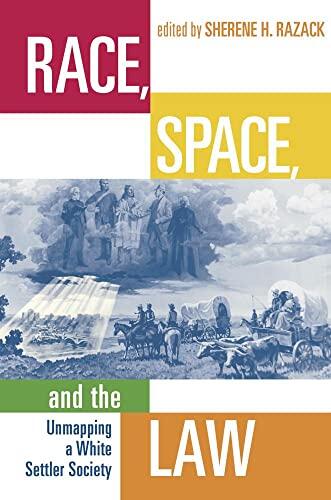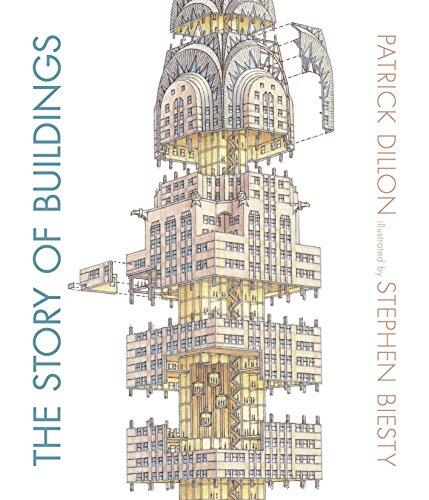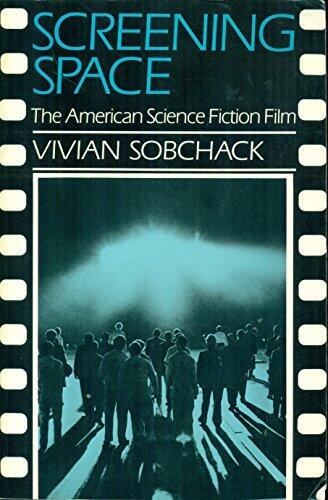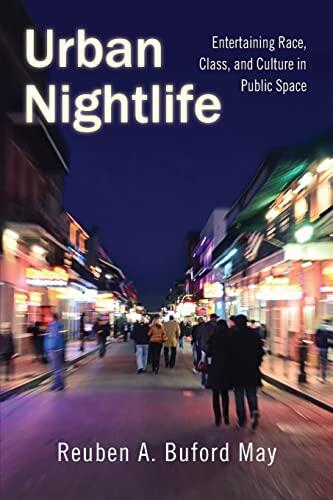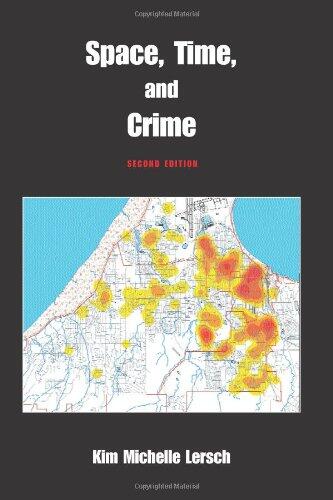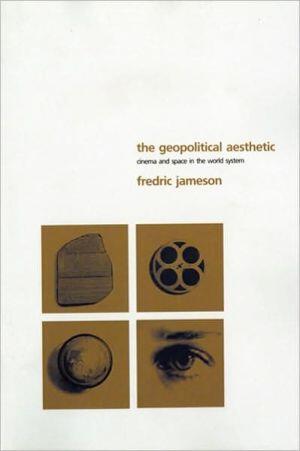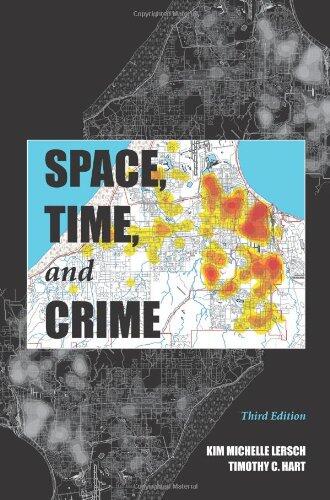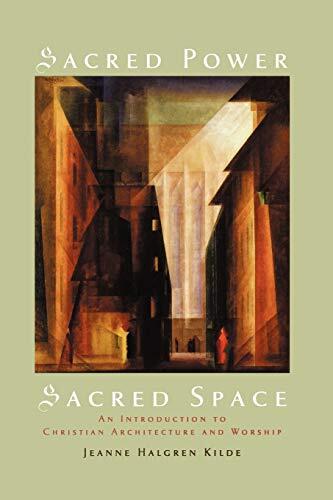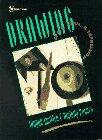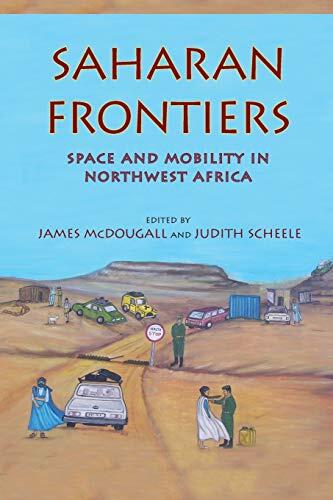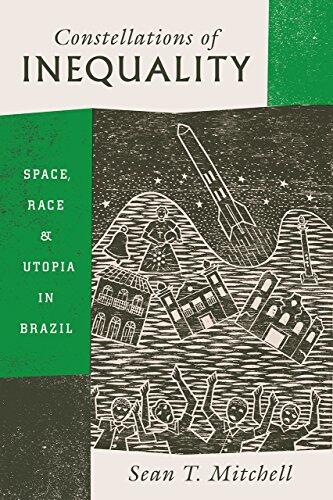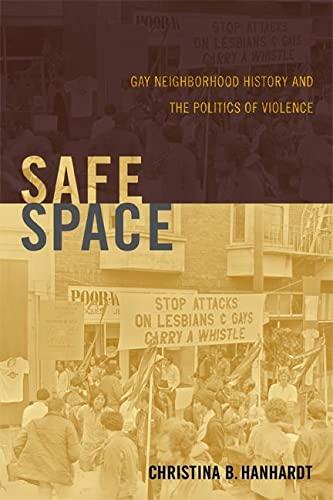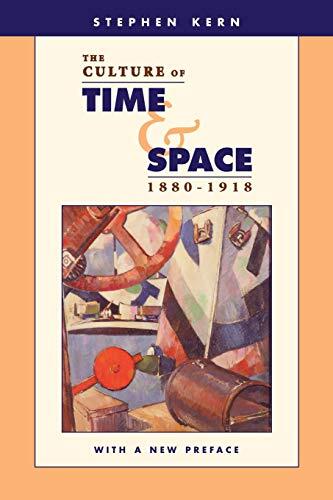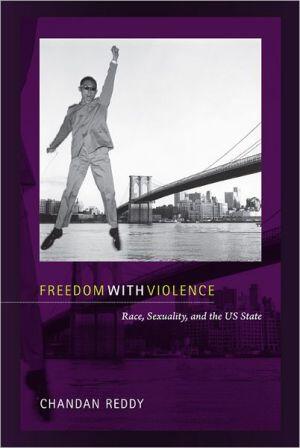
Freedom with Violence: Race, Sexuality, and the US State
بواسطة
Chandan Reddy
لا توجد تقييمات بعد
History
تنسيق
غلاف ورقي
صفحات
320
لغة
الإنجليزية
منشور
Oct 21, 2011
الناشر
Duke University Press Books
رقم ISBN-10
0822351056
رقم ISBN-13
9780822351054
الوصف
Chandan Reddy crafts a compelling exploration of the intricate entanglements between race, sexuality, and the mechanisms of state power in Freedom with Violence. Drawing upon a diverse range of theoretical frameworks, Reddy presents a thought-provoking analysis that challenges conventional narratives surrounding identity and oppression. By examining the historical and contemporary implications of these intersections, the author sheds light on how societal structures can both liberate and constrain marginalized communities.
Reddy's work delves into the violence often inherent in political freedom, interrogating the ways in which state policies and societal norms shape experiences of race and sexuality. Through a nuanced lens, he engages with critical questions of how individuals navigate their identities within systems that can be both supportive and hostile. This complex interplay reveals the often overlooked dynamics of power that define contemporary life in the United States.
Ultimately, Freedom with Violence serves as a crucial contribution to ongoing discussions about identity, resistance, and the potential for transformation within restrictive paradigms. Reddy’s insights prompt readers to rethink established ideas about liberation and violence, urging a reexamination of the very frameworks through which we understand freedom.
Reddy's work delves into the violence often inherent in political freedom, interrogating the ways in which state policies and societal norms shape experiences of race and sexuality. Through a nuanced lens, he engages with critical questions of how individuals navigate their identities within systems that can be both supportive and hostile. This complex interplay reveals the often overlooked dynamics of power that define contemporary life in the United States.
Ultimately, Freedom with Violence serves as a crucial contribution to ongoing discussions about identity, resistance, and the potential for transformation within restrictive paradigms. Reddy’s insights prompt readers to rethink established ideas about liberation and violence, urging a reexamination of the very frameworks through which we understand freedom.
